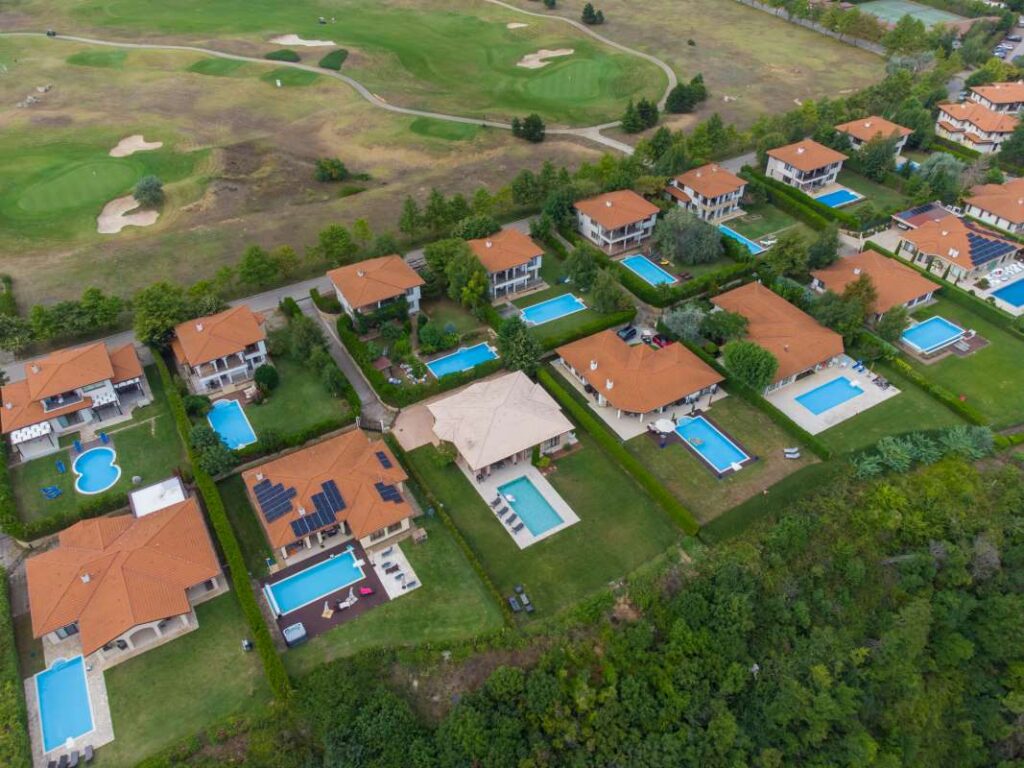Adapting to Stricter Water Usage Regulations
Discover how to effectively adapt to stricter water usage regulations while maintaining your pool business. Learn strategies, tips, and best practices.
As water scarcity becomes an increasingly pressing global issue, stricter regulations surrounding water usage are being implemented across various sectors, including the pool maintenance industry. These regulations aim to promote water conservation and ensure sustainable practices. For pool service providers and owners, adapting to these changes is not just a necessity but an opportunity to enhance their business practices and reputations. In this blog post, we will explore the implications of stringent water usage regulations on the pool industry, effective strategies for compliance, and the benefits of adopting water-efficient practices.
The Importance of Water Conservation in the Pool Industry
– Water conservation is critical in regions experiencing drought or water shortages. Pool owners must understand that the water they use can significantly impact local resources.- According to the Environmental Protection Agency (EPA), pools can lose up to 1,000 gallons of water a month through evaporation and leakage. Thus, implementing sustainable practices is essential.- Additionally, the pool industry has a unique opportunity to lead by example. By adopting water-efficient practices, pool professionals can set a standard for other service industries, demonstrating their commitment to environmental stewardship.
Understanding Stricter Regulations
– Stricter water regulations can vary by region but typically include restrictions on pool filling, maintenance schedules, and runoff management. For instance, some areas may prohibit filling pools during specific months or impose limits on the amount of water that can be used for maintenance.- Familiarizing yourself with local regulations is crucial. For those in the pool service industry, understanding your state’s regulations—whether you are looking for
pool routes for sale in Florida or any other state—is critical for compliance and avoiding penalties.- The implementation of these regulations often involves public awareness campaigns that educate pool owners about responsible water usage, which can further impact your business.
Strategies for Compliance and Efficiency
– Implementing Water-Saving Technologies: Pool service professionals should consider incorporating water-saving technologies into their services. These can include automatic pool covers that reduce evaporation, high-efficiency filters that use less water, and advanced pool cleaning systems that require minimal water usage. – Regular Maintenance Checks: Encouraging clients to schedule regular maintenance checks can prevent leaks and other issues that waste water. This not only helps in adhering to regulations but also positions your company as a responsible service provider.- Educating Customers on Water Conservation Practices: Providing educational materials or workshops on water conservation can enhance customer relationships and establish your brand as a leader in sustainable practices. Share tips such as: – How to properly balance pool chemicals to minimize water loss. – Methods for using less water during cleaning and maintenance, such as using a broom instead of a hose. – Utilizing Eco-Friendly Pool Products: Consider offering eco-friendly products that promote water efficiency. For instance, biodegradable pool cleaners not only contribute to conservation but also appeal to environmentally-conscious customers.
Benefits of Adapting to Water Regulations
– Enhanced Reputation: By proactively adapting to stricter water regulations, your business can build a reputation as an eco-friendly and responsible service provider. This can attract a broader customer base who values sustainability. – Cost Savings: While some water-saving technologies may require an initial investment, they can lead to substantial savings on water bills over time. Additionally, employing efficient practices can minimize the cost of compliance with regulations.- Increased Customer Loyalty: Customers appreciate companies that take sustainability seriously. By showing commitment to water conservation, you can foster loyalty among existing clients and attract new ones.- Competitive Advantage: As more pool owners become aware of water usage issues, having a reputation for sustainability can differentiate your business from competitors. You can promote your services as part of a broader commitment to environmental care.
How Superior Pool Routes Can Help
– Superior Pool Routes offers extensive training on best practices for water conservation, ensuring that new pool service professionals are equipped to comply with stringent regulations. The
Pool Routes Training program covers everything from maintenance strategies to eco-friendly practice implementation. – Additionally, we provide a structured pathway to acquire established customer accounts, allowing you to seamlessly integrate sustainable practices into your business model. Whether you’re looking for
Pool Routes For Sale or seeking guidance on compliance, we’re here to support your journey.- Our team has over 30 years of experience in the pool industry, and we’re dedicated to helping clients navigate the complexities of water regulations while still successfully managing their routes.
Conclusion
As water scarcity continues to be a global challenge, adapting to stricter water usage regulations is not just a matter of compliance; it’s an opportunity to enhance your pool service business. By implementing water-efficient practices, you can contribute to environmental sustainability while improving your reputation and profitability. Embrace the changes as a path to innovation and leadership in the pool industry. To learn more about how you can adapt your business to meet these challenges, visit us at
Superior Pool Routes, and discover our offerings to help you thrive in this evolving landscape.



